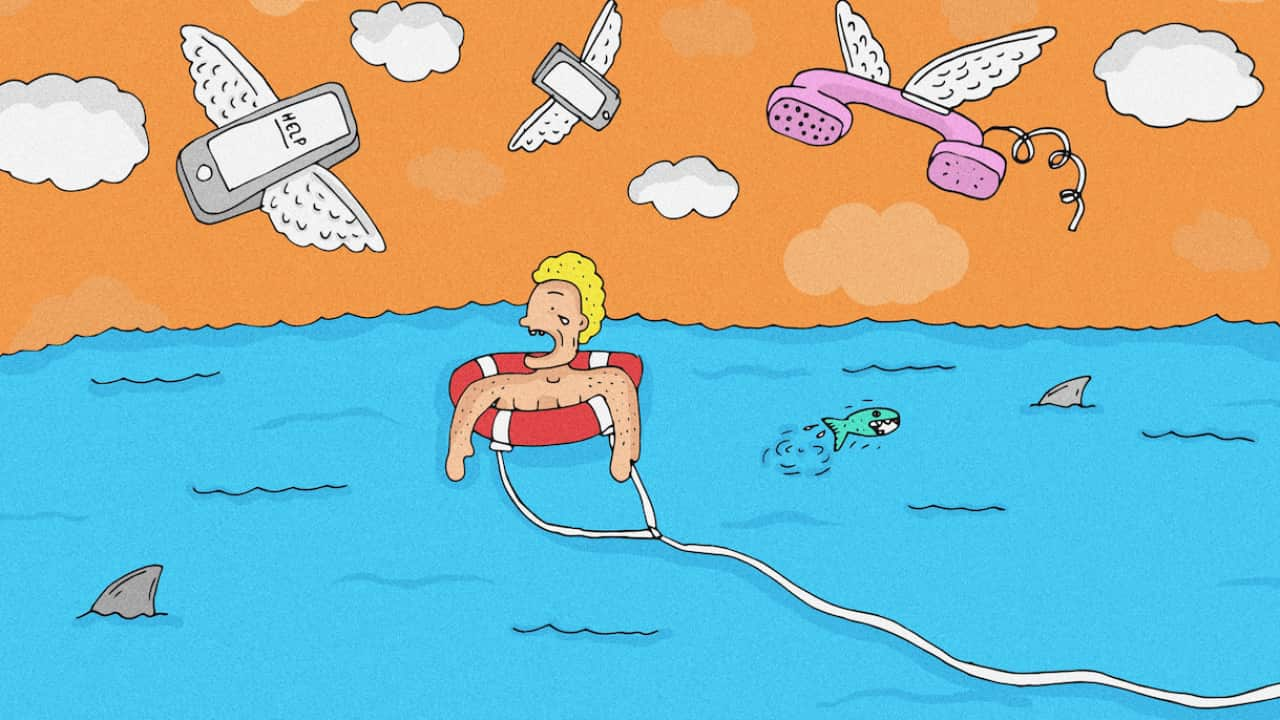While it's become near-impossible to escape the same-sex marriage debate—, in newsfeeds and even —there's one website that's dedicated to uplifting the LGBTIQA+ community with a collection of stories, photos and videos.
The Queer Love Project has been created by as a response to the ongoing media coverage of the postal survey.
“We were thinking about creating a safer digital space for young LGBTIQA+ folk during this period where their sexuality, identity, families and relationships were being so heavily scrutinised and debated in the media,” Twenty10’s co-executive director, Jain Moralee tells SBS.
“We know that seeing positive and reaffirming stories about our lives and communities is something that can help counteract social isolation and contribute to better mental health and wellbeing, so we invited LGBTIQA+ people to share their stories of love, life, logical and biological families, friends, pets, and the Queer Love Project was born,” she says.
The site is encouraging people to send in short stories, photos, drawings, videos and even Spotify playlists and will be uploading a new piece every day until the postal vote process wraps up.
Submissions so far include a photo of Blanche—a rainbow cap wearing pup that supports the #doggos4yes campaign, an account of one girl’s very first Mardi Gras event with her mums and a Youtube video of Stevie Wonder’s "Signed, Sealed, Delivered".
There’s also a beautiful about one woman’s journey with her partner from Seattle to Sydney and how the postal survey has impacted their lives.
Moralee says it was this story—written by Dina from Twenty10— that kicked off the Queer Love Project.
"Dina's story was really the inspiration behind the project - as she was writing a piece for our blog about her own experience and said, "Don't they know we are already getting married, albeit not actually on Australian soil, and nothing terrible has happened!"
Moralee says that the response towards the project has been "so overwhelmingly positive - and we encourage everyone to submit!"
She adds that the project would love to hear from LGBTIQA+ people from Aboriginal, Torres Strait Islander and diverse cultural backgrounds—and from people living in rural and regional areas of the country.




